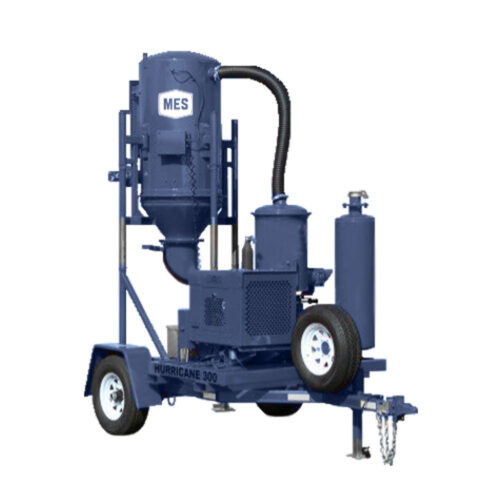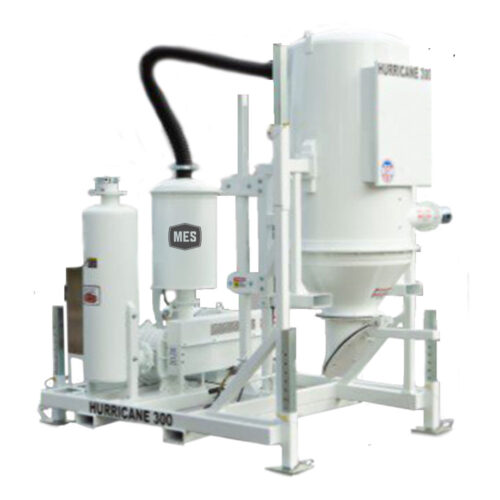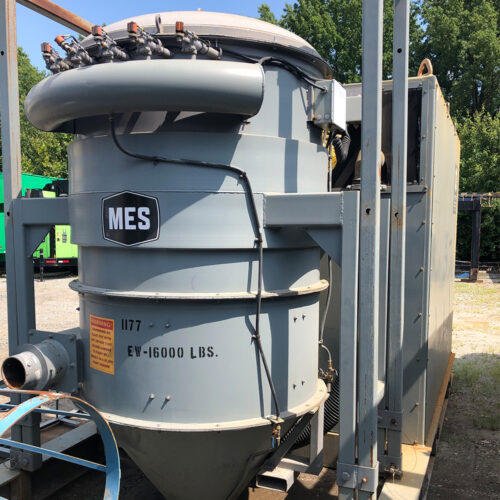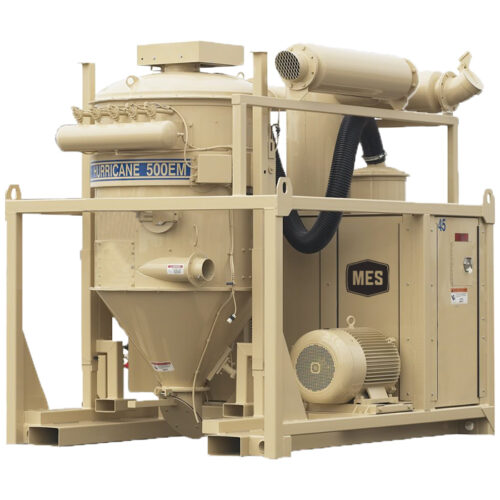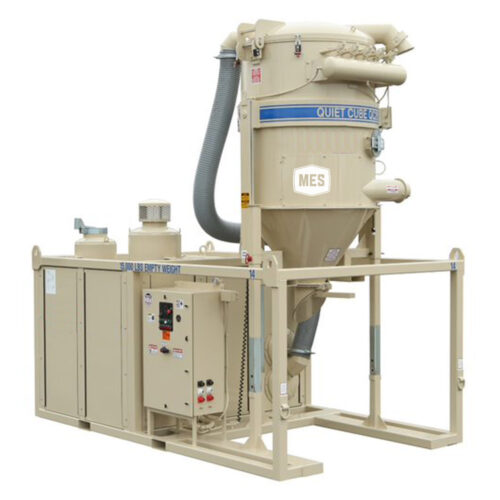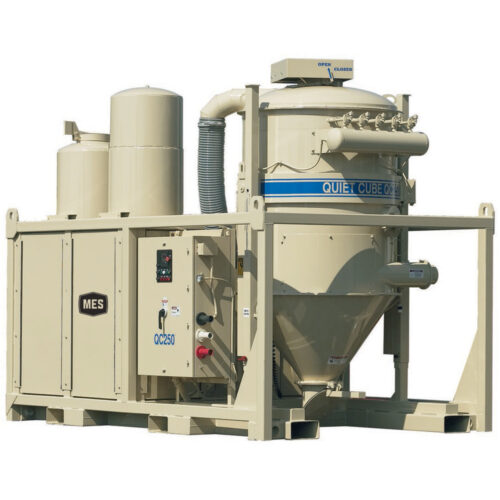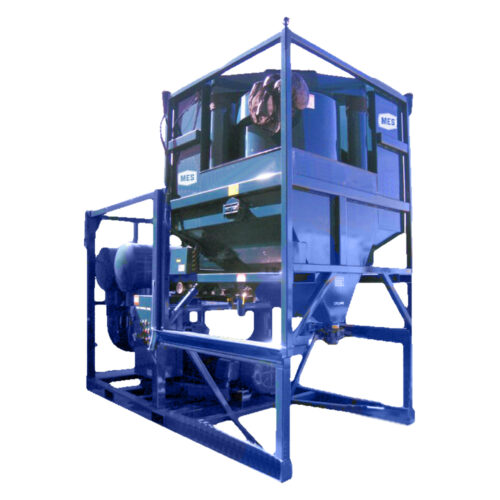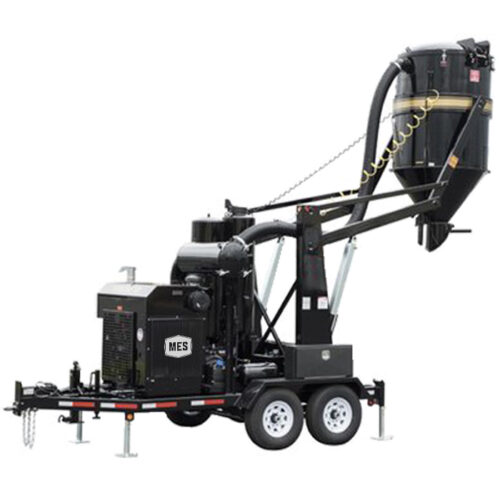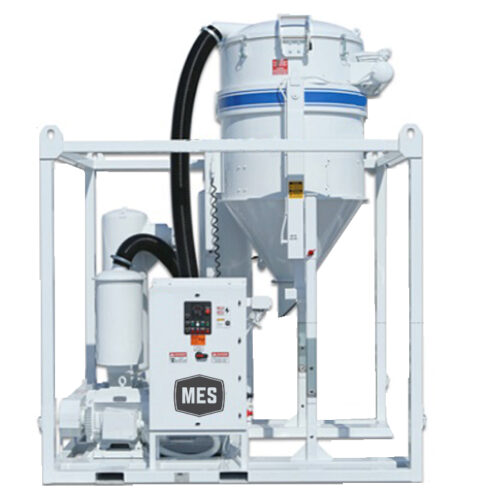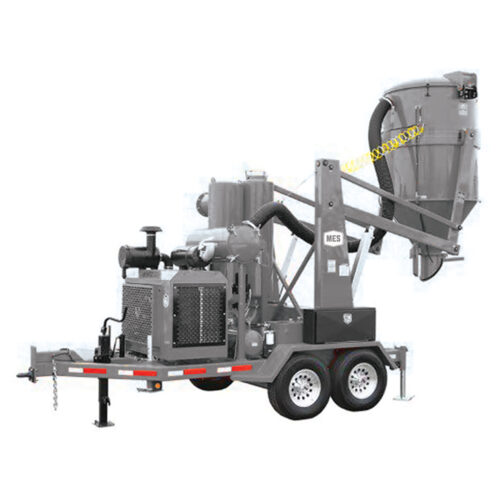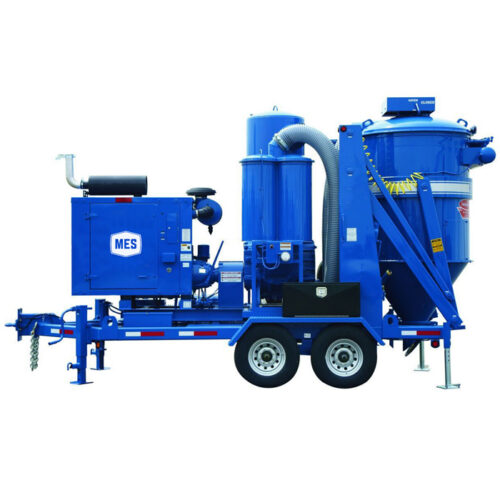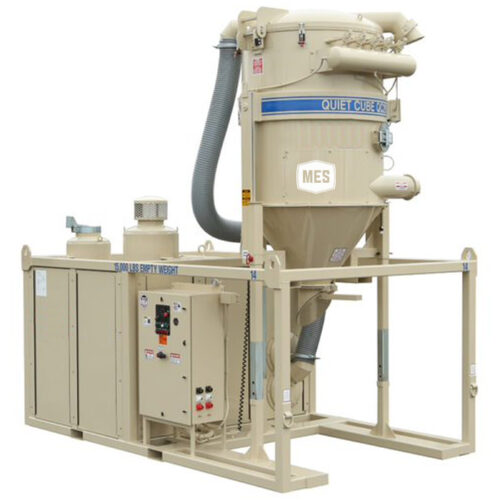Vacuums are extremely useful when reclaiming spent abrasives from a blasted area or removing roof rock, hazardous wastes, and other materials from your job site. Benefits when you rent an industrial vacuum include, but are not limited to better efficiency of your workforce, removing material from hard-to-reach places without using techniques of the past and quickly relocating material to a central location on your job site.
Regardless of the industry, location, and electrical power constraints, we have industrial vacuum rentals that can provide you with the flexibility and performance to increase your bottom line while reducing the effort of your workforce.
30 HP (850 CFM) – 350 HP (6,500 CFM) | Electric and Diesel Options Available
Reach out to MES today to discuss your upcoming needs so we can make the best recommendation for your job!



